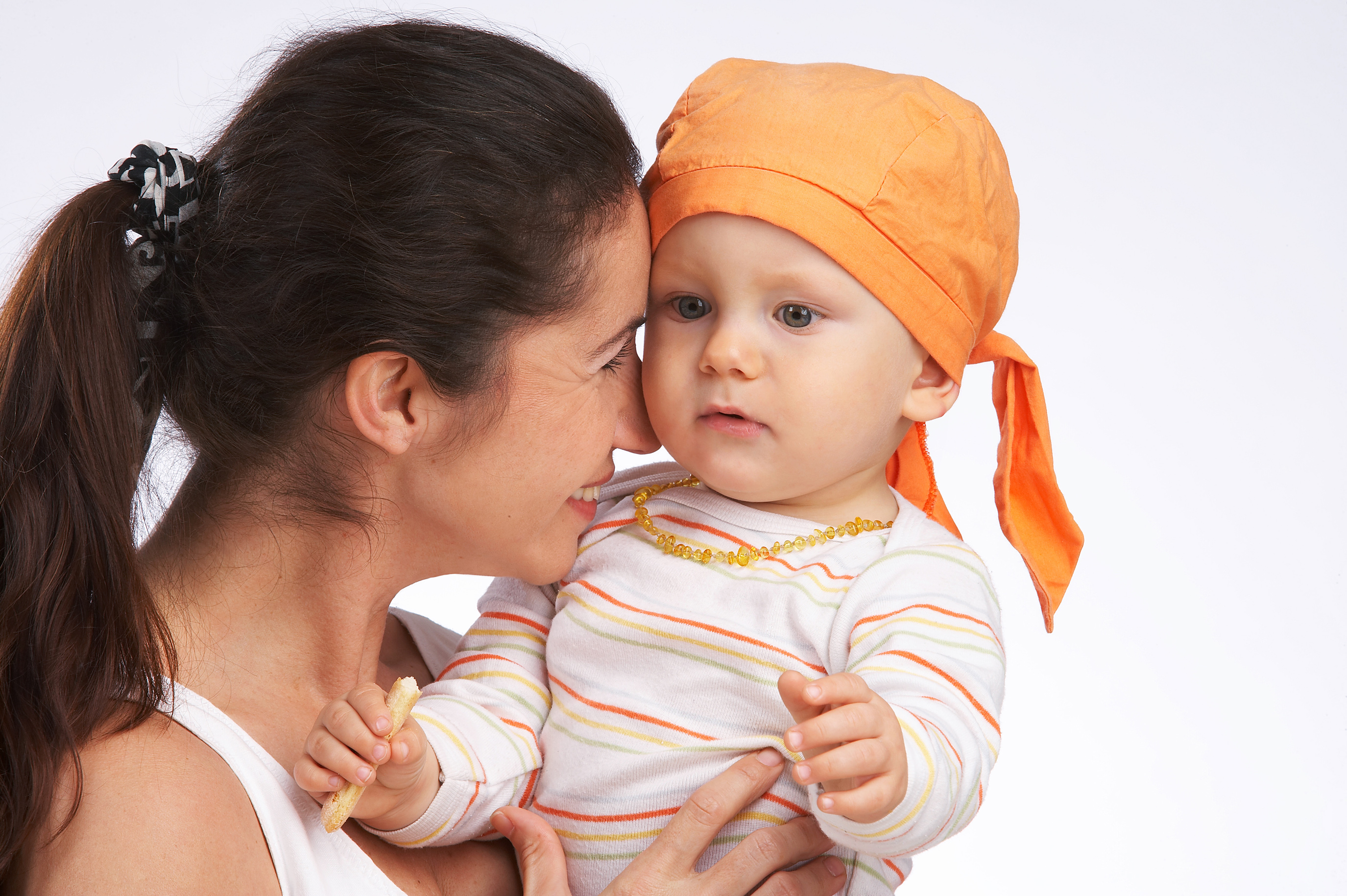 For pro-lifers, debating abortion is pretty simple: explain that the unborn are just as alive and human as the rest of us, assert that therefore they have the same basic rights we do, and challenge our opponents to articulate a coherent principle that makes them killable but not the rest of us. Personally, I’ve found that I almost instinctively respond to pro-aborts’ arguments by picking apart their proposed differences between the pre-born and post-birth people.
For pro-lifers, debating abortion is pretty simple: explain that the unborn are just as alive and human as the rest of us, assert that therefore they have the same basic rights we do, and challenge our opponents to articulate a coherent principle that makes them killable but not the rest of us. Personally, I’ve found that I almost instinctively respond to pro-aborts’ arguments by picking apart their proposed differences between the pre-born and post-birth people.
That’s all well and good – human equality is the heart of why abortion is unjust, after all – but I’m beginning to wonder if that focus is leading us to devote too little attention to another point: the unique relationship between parent and child, and the unique responsibilities it entails.
Abortion defenders looking to sidestep the facts of embryology and the question of personhood turn to a different argument: bodily autonomy. The theory is that the mother’s authority over her body entails her right to deny whomever she wants – even the baby growing within her – the use of her body parts. Sorry if you can’t survive on your own yet, sweetie, the argument goes, but I don’t owe you anything. That blood passing through your umbilical cord? Mine, not yours.
The argument’s strategic value is obvious: it doesn’t depend on any claims about fetal life or personhood, and it frames the issue as a matter of simple self-defense, inviting comparisons to a homeowner’s right to evict intruders with lethal force. But scratch the surface, and the holes become apparent. Among them are the mother’s role in creating that “intruder,” the fact that the baby’s mere existence isn’t an act for which he or she is culpable, the complete lack of proportionality between nine months of pregnancy and permanent death, and the fact that the baby’s death isn’t incidental to abortion; it’s the direct, intended result.
But perhaps most importantly, the bodily autonomy justification for abortion treats mother and child as if they were a random pairing of any two individuals, instead of, well, mother and child. Proponents callously speak of their own potential offspring as strangers to be disposed of and forgotten.
This logic strikes at the heart of our moral intuitions that recognize parenthood as a sacred trust, incomparable to any other human relationship, and contradicts the way American society has enshrined those intuitions in law for all children already born.
Generally speaking, the law holds parents responsible for both the well-being (PDF link) of their children and for the harm they do (PDF link), complete with legal penalties. These responsibilities are severable only through adoption or denial of custody. Virtually no Americans question the legitimacy of this arrangement.
We all accept parents’ responsibility for their children’s health and safety after birth; if a baby is the same child before birth, how can a parent’s duty be any less? We can be required to provide our children food and punished for letting them be harmed, but we can’t be prevented from intentionally killing them in the womb? Once they exist, we have no obligation to let them reach birth?
America’s long-held love of individualism is unquestionably one of the key blessings behind our nation’s incomparable freedom and prosperity. But we sometimes forget that, like any other good, individualism must be kept in perspective and balanced against other goods. Insisting that bodily autonomy stops at the abortionist’s door doesn’t make women slaves or take over women’s bodies; it merely affirms that no individual is the center of the universe, that not all our desires can come at the expense of others…especially not our own sons and daughters.







